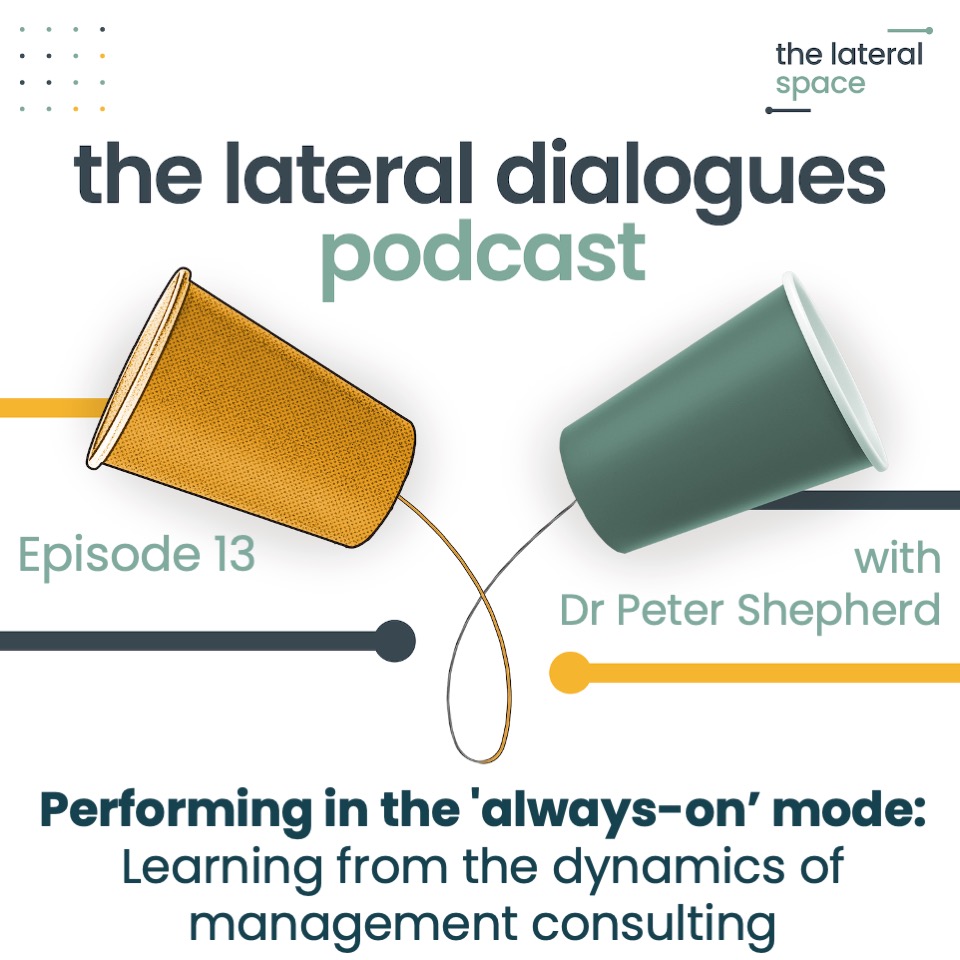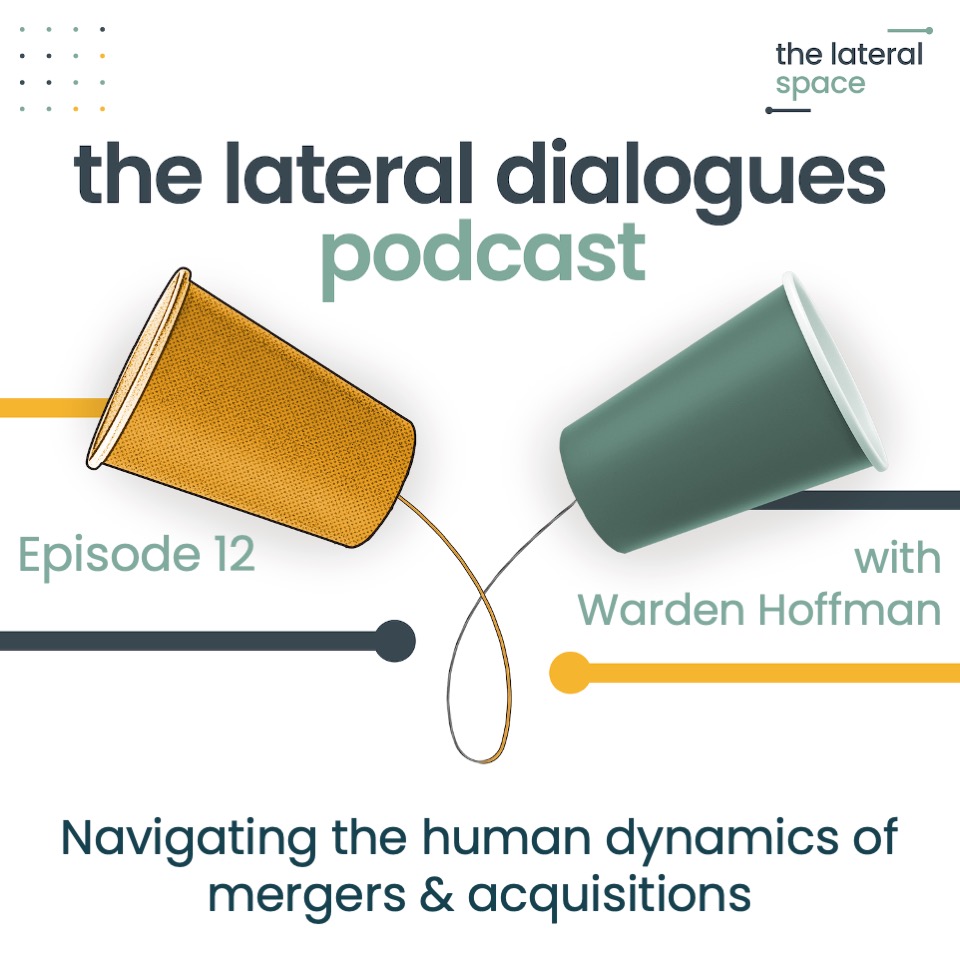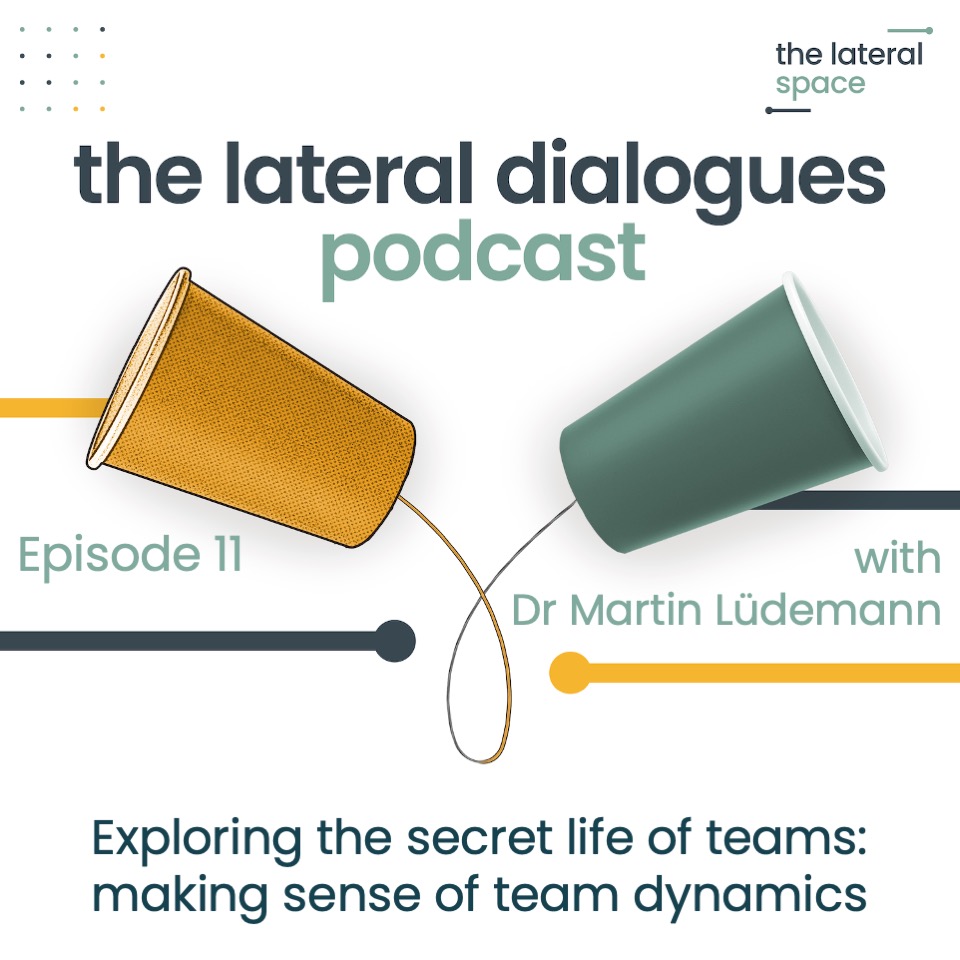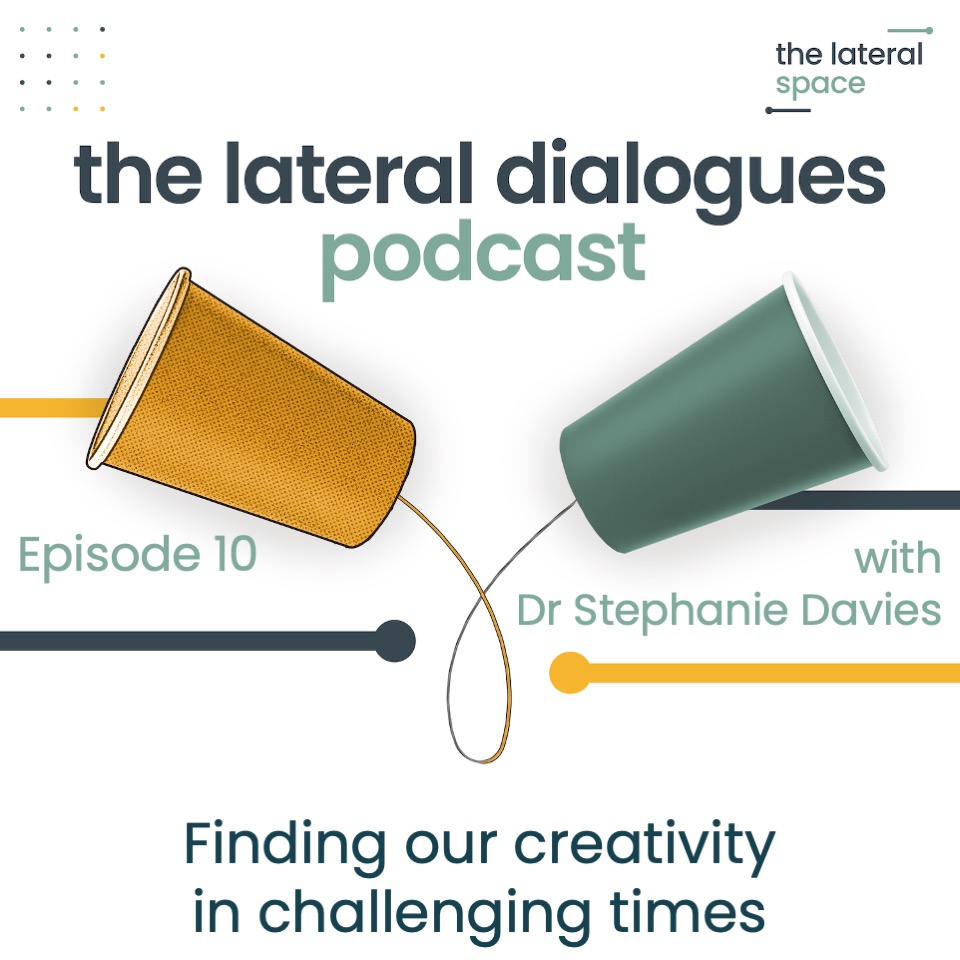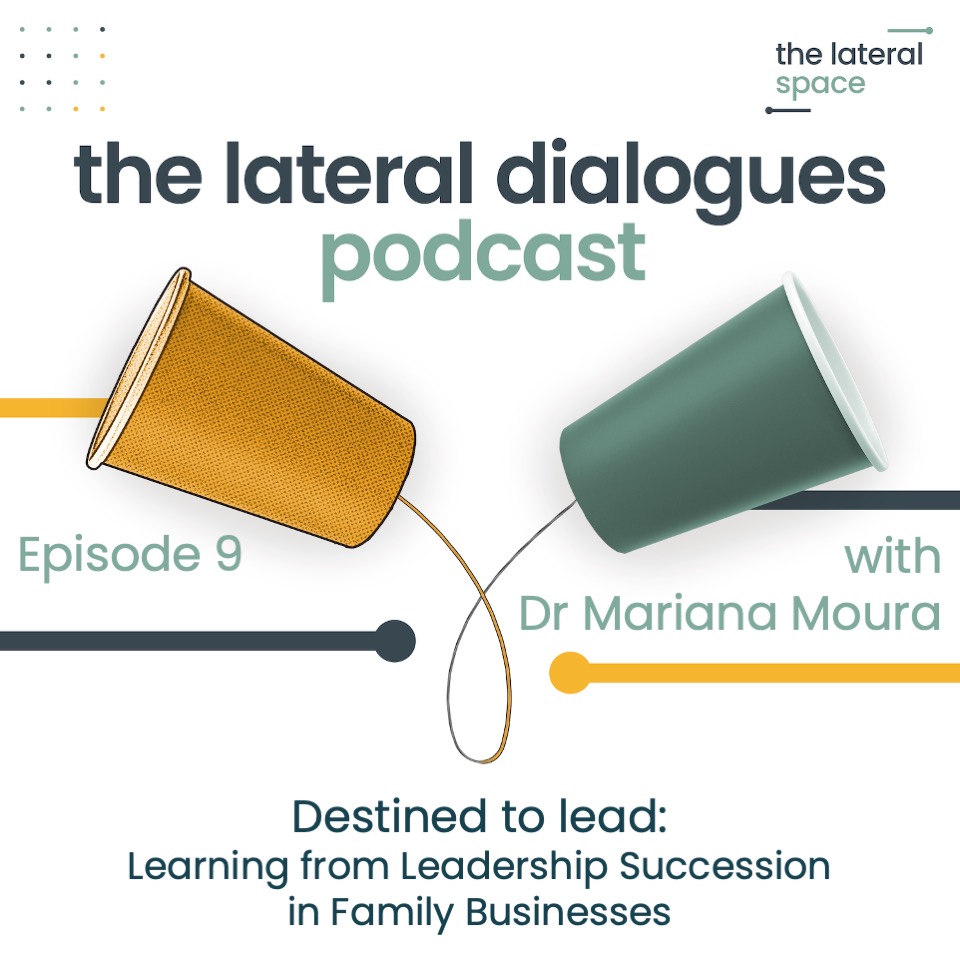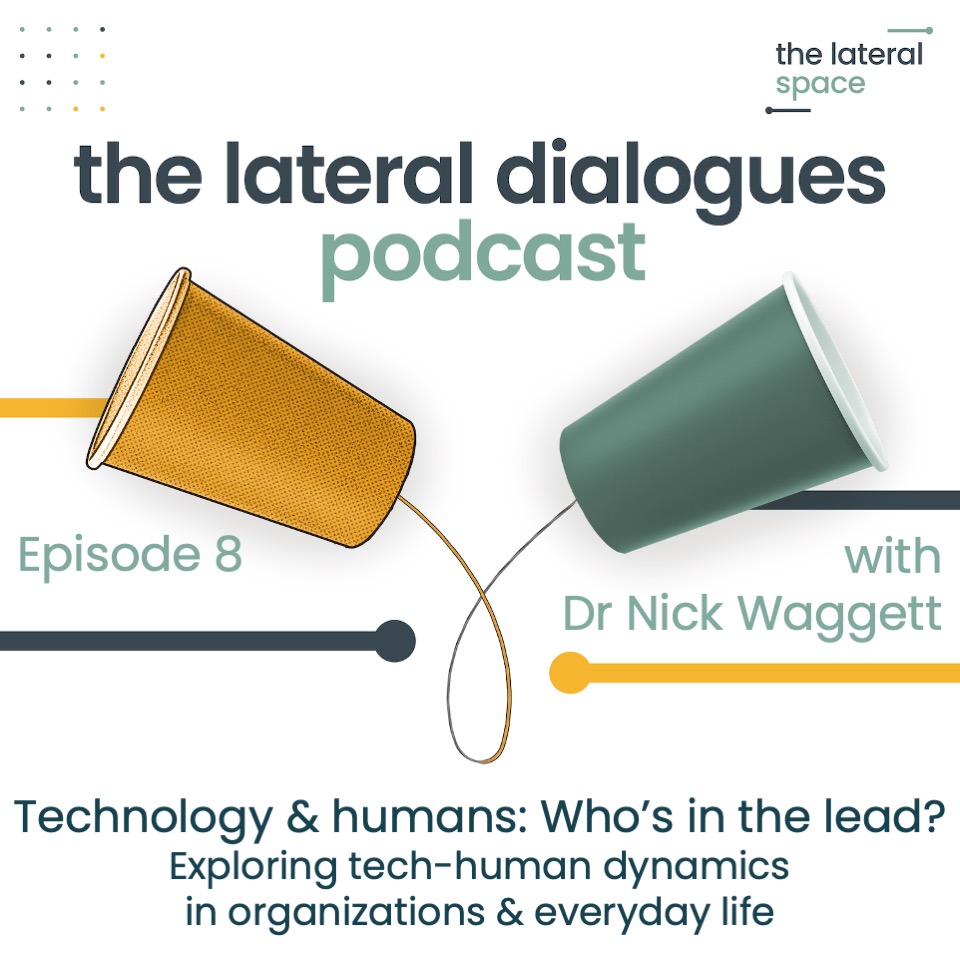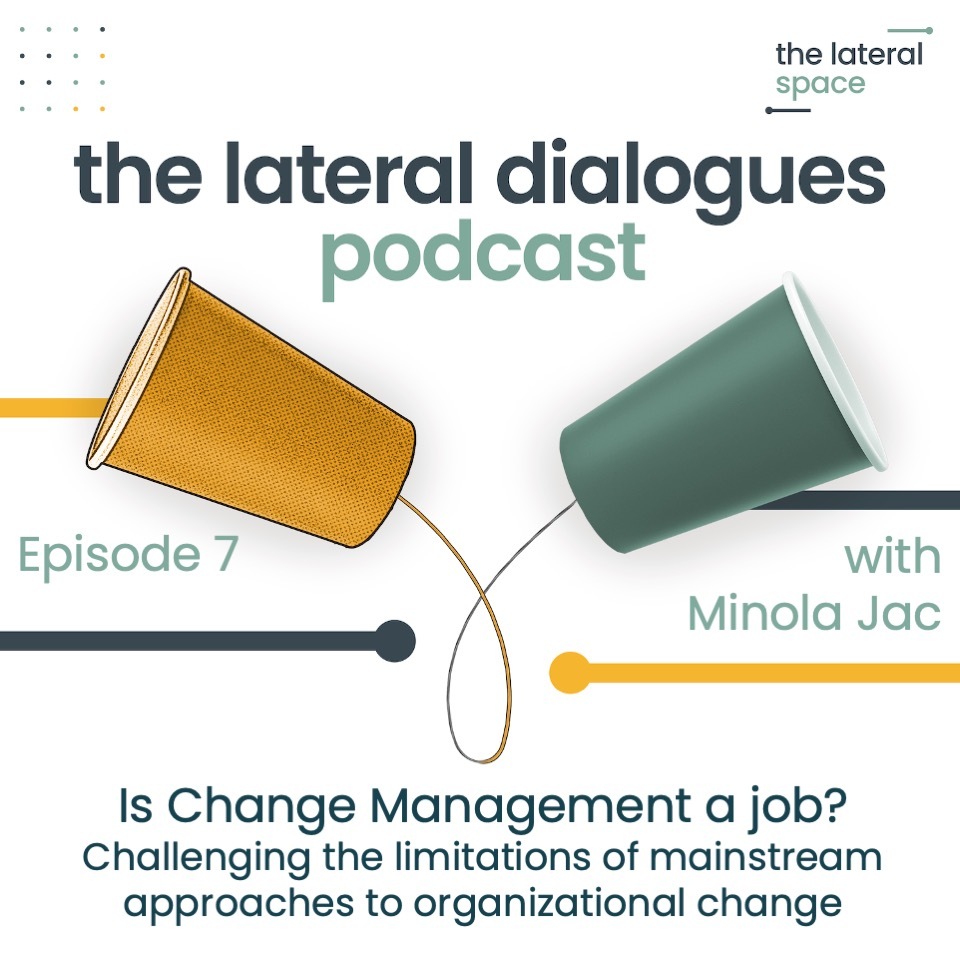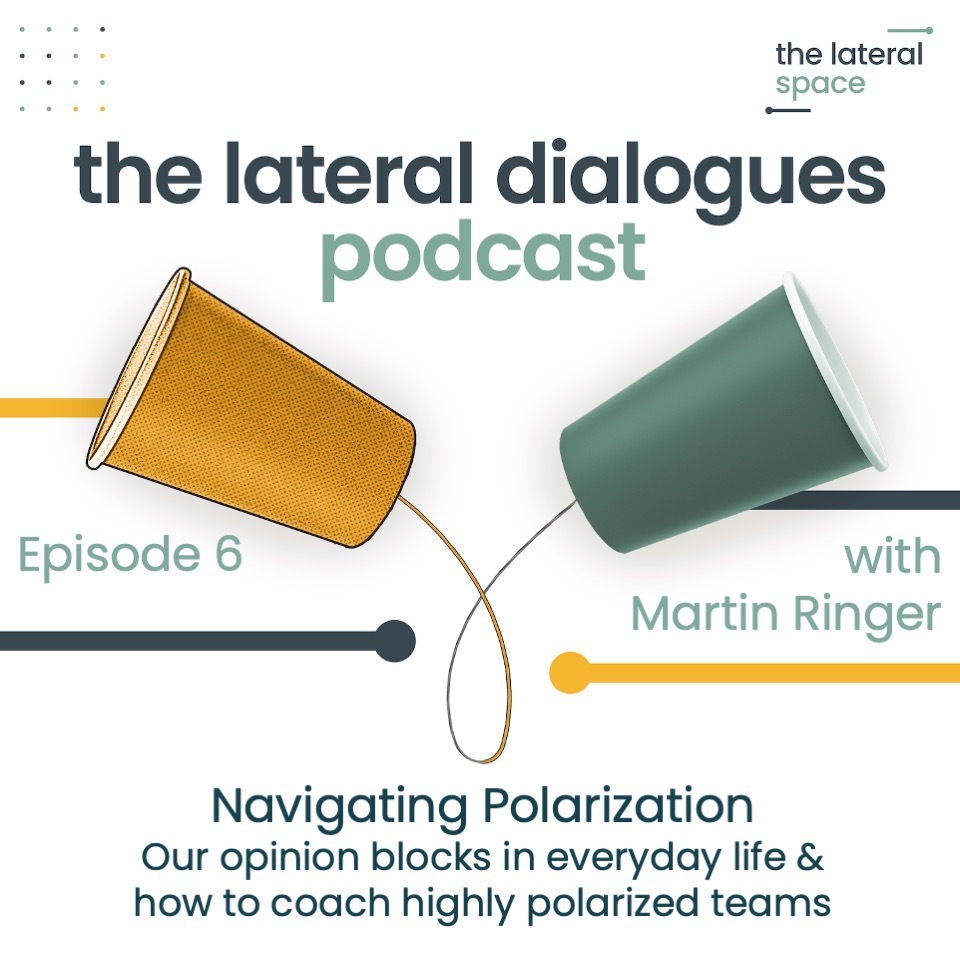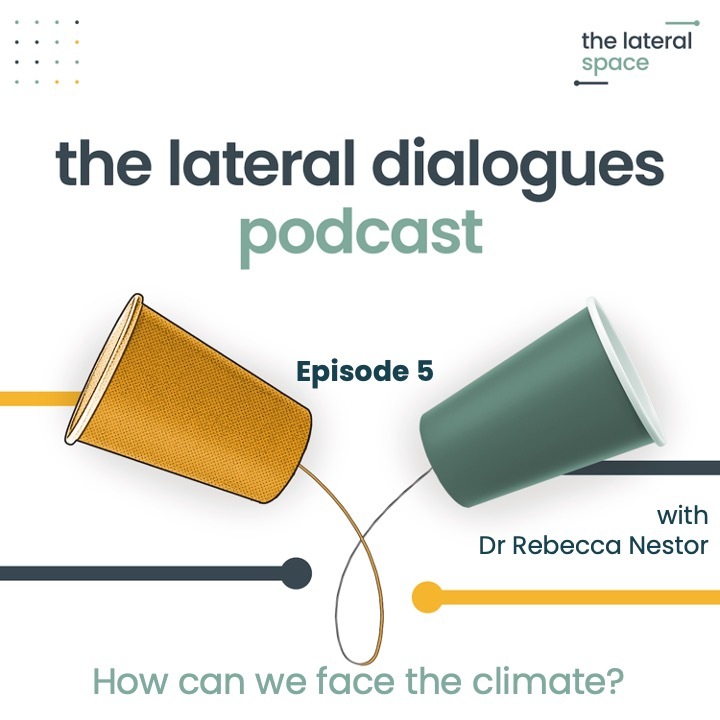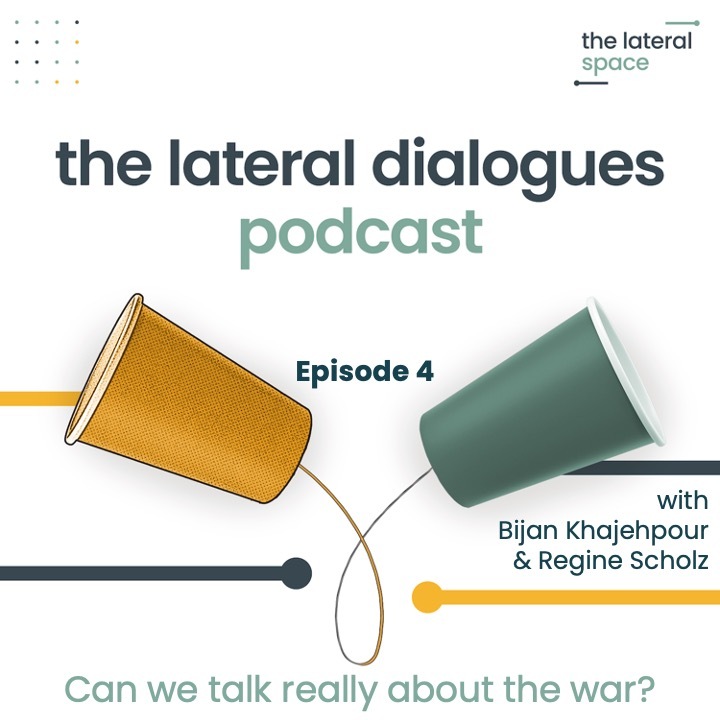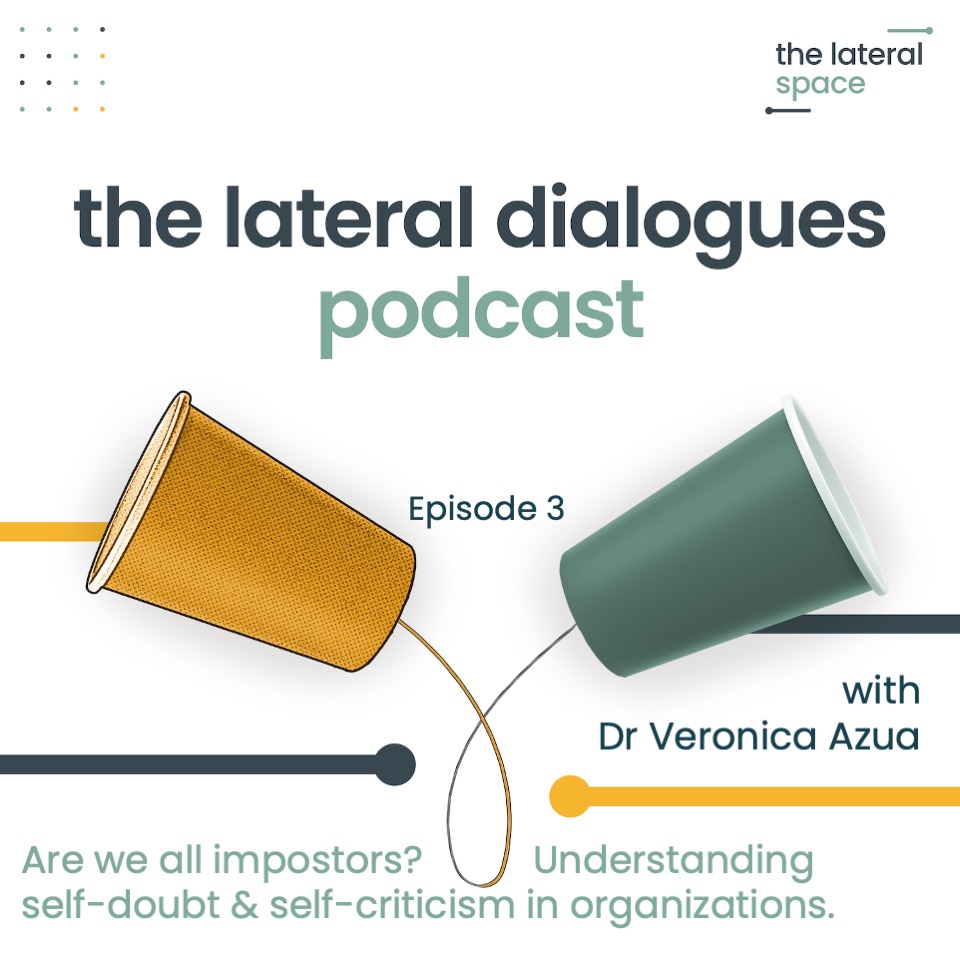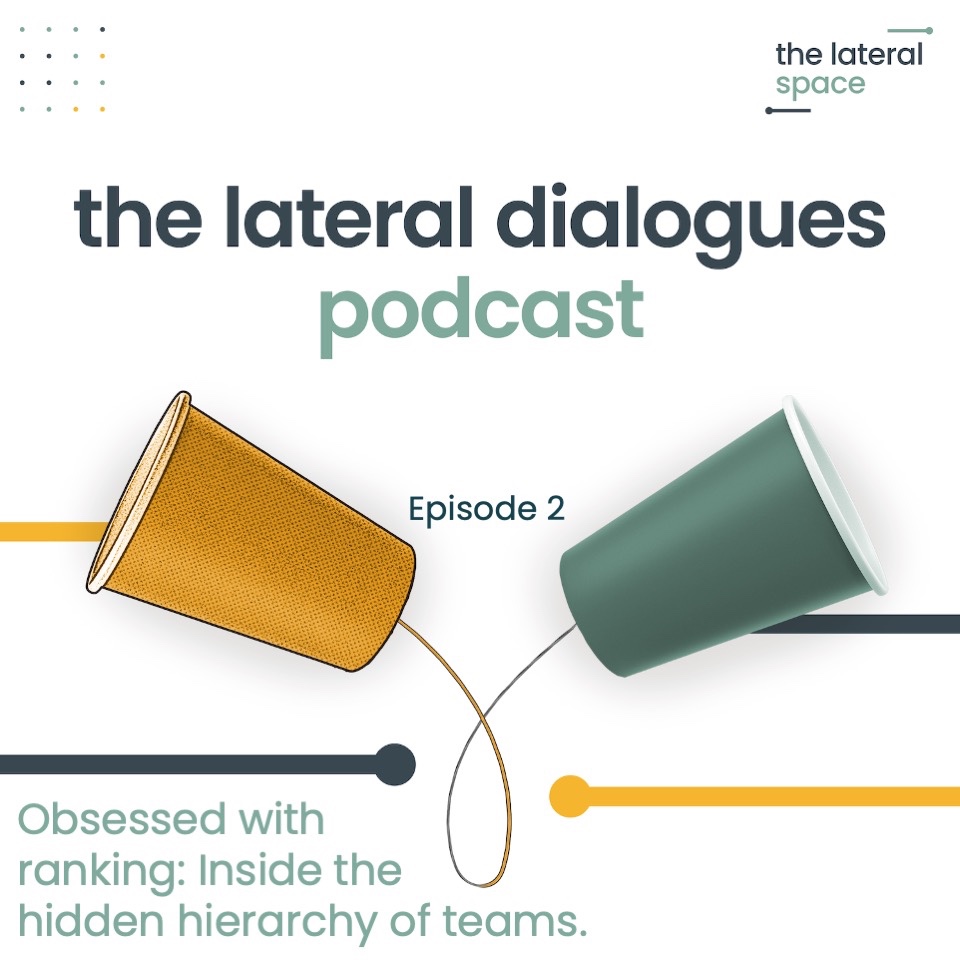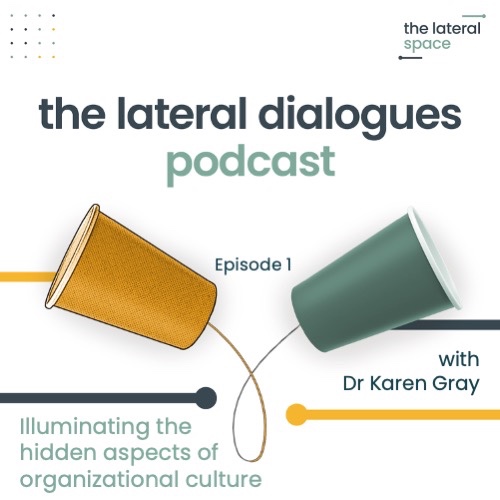How does it feel to work in highly pressurized organizations, on the “always-on” mode?
How do performance-driven organizations deal with uncertainty, lack of progress, and not-knowing?
How do ambitious people deal with their performance in these organizations?
What are the dynamics developed between individuals and leaders?
In this episode we explore some of the implications of working in highly pressurized, performance-driven organizations, by learning from the dynamics of management consulting firms.
Whilst a performance-focused culture is an imperative for the success and survival of an organization, if certain conditions aren’t in place it can have adverse effects in results, organizational health, adaptability and individual wellbeing.
To understand all these deeper, we hosted Dr Peter Shepherd, who researched management consulting firms through anthropology, and unraveled for us a fascinating description of all that happens within these cultures. In this dialogue we explored some reasons behind certain dynamics and what are some conditions that allow a performance culture to be sustainable and thriving, rather than detrimental for an organization and its individuals.
Dr Peter Shepherd bio: https://www.linkedin.com/in/dr-peter-shepherd-fcipd-898955/
The Lateral Space website: https://www.thelateralspace.com/
Why are human dynamics of mergers and acquisitions so challenging?
In this episode Warden Hoffman outlines his observations, findings and ways of working when it comes to organizations and teams that merge. Warden developed this curiosity early in his career and after being exposed to M&A in many of his roles he found himself consulting to numerous organizations and teams post-merger.
We explore a series of questions:
What are the human forces that slow down the creation of a new entity post-merger?
Why former organizational identities matter so much?
Why are mergers prone to create competitive dynamics, even when that’s not needed and what are the competing for?
What are some practical ways of addressing these very challenging dynamics, when planning a merger or leading merged teams?
Warden Hoffman bio: https://www.linkedin.com/in/warden-hoffman-72b5801/
the lateral space website: http://www.thelateralspace.com
the lateral dialogues podcast: https://thelateraldialogues.podbean.com/
A major shift in how we look at teams is to not only look at individuals and how they create a group but to see the group as one entity, the team as a whole. Do teams have a secret life of their own?
This different perspective on teams as being one entity, creates a novel perspective on group dynamics and offers the opportunity to work with teams differently.
In this episode, we explore the tension between our tendency to focus on the individual while being part of a team system. How does this affect the people part of the team, what are typical team behaviors we can distinguish and how does it impact the way a team learns and develops?
Our guest is Dr Martin Lüdemann, who has worked as a psychologist and supervisor for 30 years, consulting, supporting, and guiding groups and individuals in organizations. Martin recently completed the Professional Doctorate at the Tavistock Clinic, where he researched group-as-a-whole phenomena.
Dr Martin Lüdemann profile: https://www.linkedin.com/in/dr-martin-luedemann-05375277/
The Lateral Space: https://www.thelateralspace.com/
How can we connect with our creativity when we are challenged? Creativity is more than artistic expression. It starts from conceiving a new thought, allowing it to emerge, socializing it and converting it into action. Often times what emerges through creativity goes against the current stream, which is exactly what’s needed to get us out of unknown challenging situations. So how do we enable this to happen? How can we allow creativity under pressure?
This dialogue features Stephanie Davies an organizational development and change consultant who is specialized in creativity. Stephanie researched the lives of very creative people to understand how creativity functions and with that knowledge understand where we can locate creativity in organizations and our leadership.
Dr Stephanie Davies profile: https://www.linkedin.com/in/dr-stephanie-davies-70ab48136/
The Lateral Space website: http://www.thelateralspace.com
How does it feel knowing that you might be the next leader in line? How does being destined to lead impact your identity? How do you build credibility and enable your authenticity? Will you always be compared to the previous generation? Can succession in family businesses be meritocratic? And is the right way for the next leader to emerge amongst siblings or peers?
Throughout human history we have been developing and deploying technological solutions in the service of organizational and human needs. But after technology gets introduced, we may quickly find ourselves operating in the service of the needs of technology more than our own. Why do we abdicate our authority to tech systems and how does this impact our capacity to lead?
Change management has been very present in management practices with lots of well-known methodologies, primarily originating from project management environments. But do they always yield the desired benefits?
What about the non-linear aspects of organizational change? Whether that’s an adjustment to a new environment, letting go of well-known and liked…
Some consider the climate crisis, the most urgent issue for the earth’s future and ourselves on it. Yet, why is it so hard to engage with it, systemically and as individuals? Why is it so hard to inspire action for those working on the climate crisis? What does it take to work in sustainability within large corporations? And how do each of us, Earth’s inhabitants, get emotionally impacted by the climate crisis? Why does this topic evoke polarization in…
How can we engage in social dialogue on geopolitical or social conflict, such as the war in Gaza or Ukraine? How can we have a meaningful dialogue beyond polarization or political correctness? Why are we psychologically mobilized to fight, even when we are not directly linked to these conflicts and why are we impacted in our ability to think, talk, and act? We are joined by Bijan Khajehpour & Regine Scholz from the International Dialogue Initiativ…
Dr Veronica Azua got motivated to research self-doubt, after noticing a very common paradox in senior leaders: despite having led successful lives and careers, they would still experience heightened self-doubt and self-criticism. In this Lateral Dialogue, Veronica shares some of the key moments, when we are prone to experience such feelings. How being surrounded by high-achievers or part of “elite” organizations intensifies feelings of self-doubt whi…
Why do we create hierarchies in groups, even when we intend to be flat? Why are we so preoccupied with ranking, and yet we operate with absolute equality? This episode explores how we are unconsciously impacted by hierarchy, how to recognize the dynamics of hidden hierarchy, and what its unintended effects on teams and leadership are. Dr Petros Oratis explores these questions with Warden Hoffman in this Lateral Dialogue.
1. Illuminating the hidden aspects of organizational culture: How can we uncover its unconscious aspects? What happens when we expose uncomfortable truths of how we function? Why often culture doesn’t shift even when we explicitly cascade how we should behave differently?
Dr. Karen Gray joins Warden Hoffman and Petros Oratis in this Lateral Dialogue to explore these questions.



